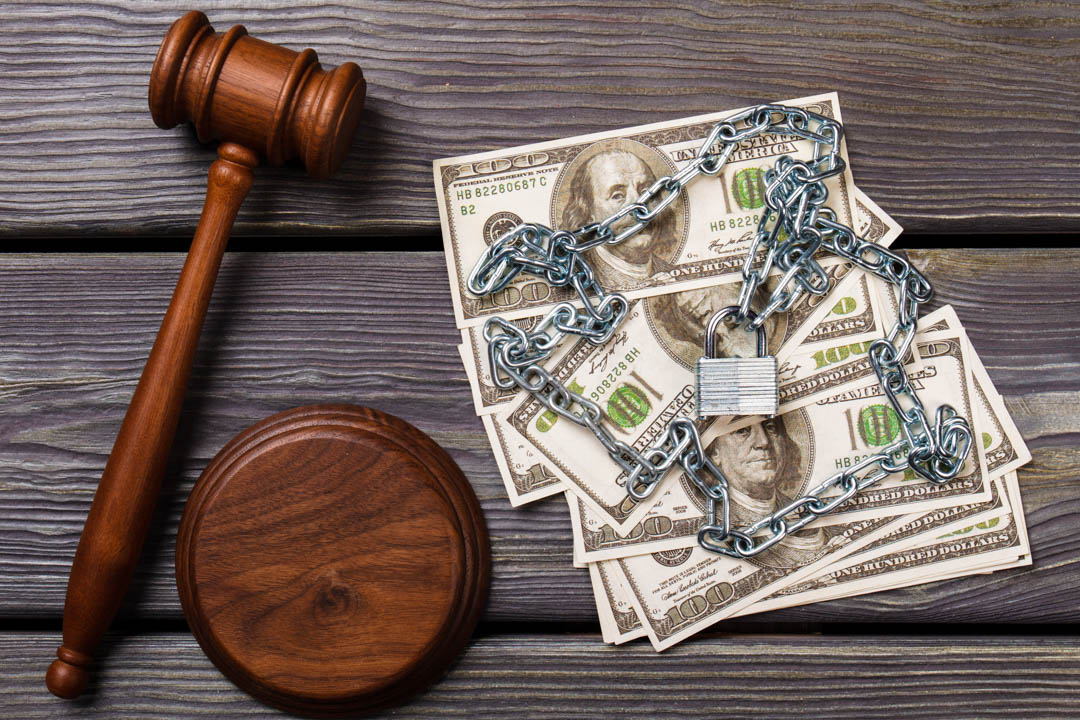
One worry shared by many people entering into a divorce is the question of whether their spouse will take everything in the settlement or whether dividing their assets and debts will be a major financial setback. While there are certain strategies to consider to avoid this outcome, such as working with financial professionals and settling out of court if your case is amicable, there are a few additional actions that you can take to protect your assets during a divorce. Below, we will explore those actions so that you can feel more confident that your divorce settlement will be fair.
Tax Considerations
Tax considerations may not come to mind right away when you are preparing for asset division, but one of the best ways to protect your assets and execute a fair division is to plan for the tax ramifications of different scenarios. For example, consider the scenario in which one spouse takes the primary home and the other spouse takes the vacation home. The tax ramifications are different upon sale of these properties.
There would be an additional tax owed at sale for the vacation home, which is why you might want to reduce the value of the vacation home by the amount of that tax owed upon sale to reflect a more comparable value. Considering tax ramifications like this one will help to ensure equitable division by taking into account the post-tax values of the assets that each spouse will end up with. If you are unsure of which tax considerations to look out for, working with a financial professional such as a Certified Divorce Financial Analyst® (CDFA®), who knows the ins and outs of the different divorce-related tax ramifications, can make this process much simpler.
Proper Documentation
For some people, proper documentation of assets is a blind spot to protecting those assets during the divorce settlement process. As we have stated in a previous blog post, you and your spouse will likely have both shared marital property as well as separate property. As it turns out, “what’s mine is yours” is only true in certain cases. Broadly speaking, marital property includes anything that you and your spouse accrued during the marriage with the exception some exceptions.
The assets that would be considered separate property are the items that you owned before your marriage, gifts that you received as an individual from friends or family during your marriage, and inheritance (including inheritance that you expect to receive in the future). If you have co-mingled your inheritance in a shared account with marital funds, it may be more difficult to determine how much of those funds is inheritance. The same goes for pre-marital balances on investment accounts or retirement accounts. For this reason, it is important to keep track of separate property co-mingled with marital funds whenever possible. If you have the proper documentation to distinguish separate property from marital property, you will have an easier time protecting your assets during a divorce.
Make a Plan
As these examples have hopefully shown, the best thing you can do to protect your assets is to be prepared going into the settlement. If you are ready to make a plan, would benefit from a more robust understanding of the tax ramifications for different scenarios, or could use support in gathering the proper documentation to protect your assets, we would be happy to work with you. We offer free initial consultation calls so that you can get started right away. We would love to hear from you.








